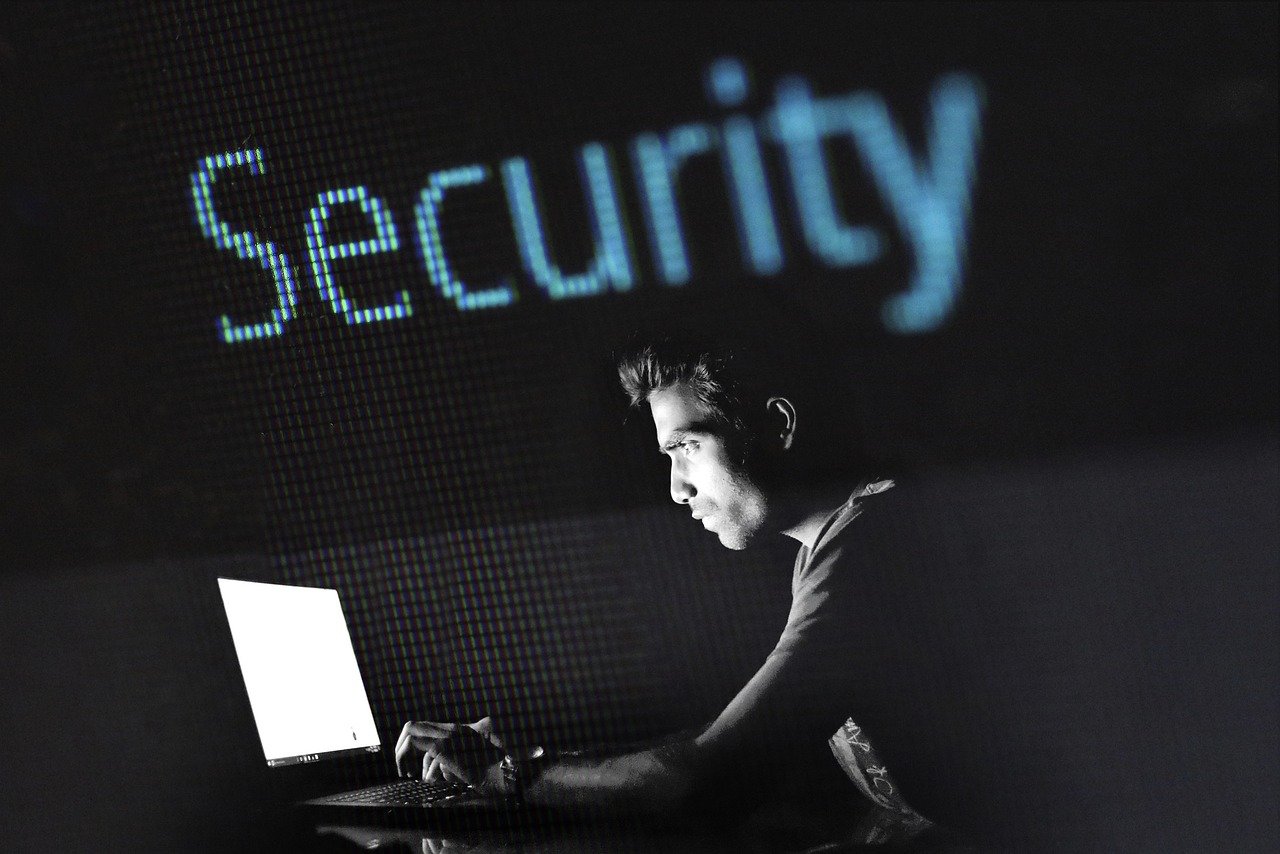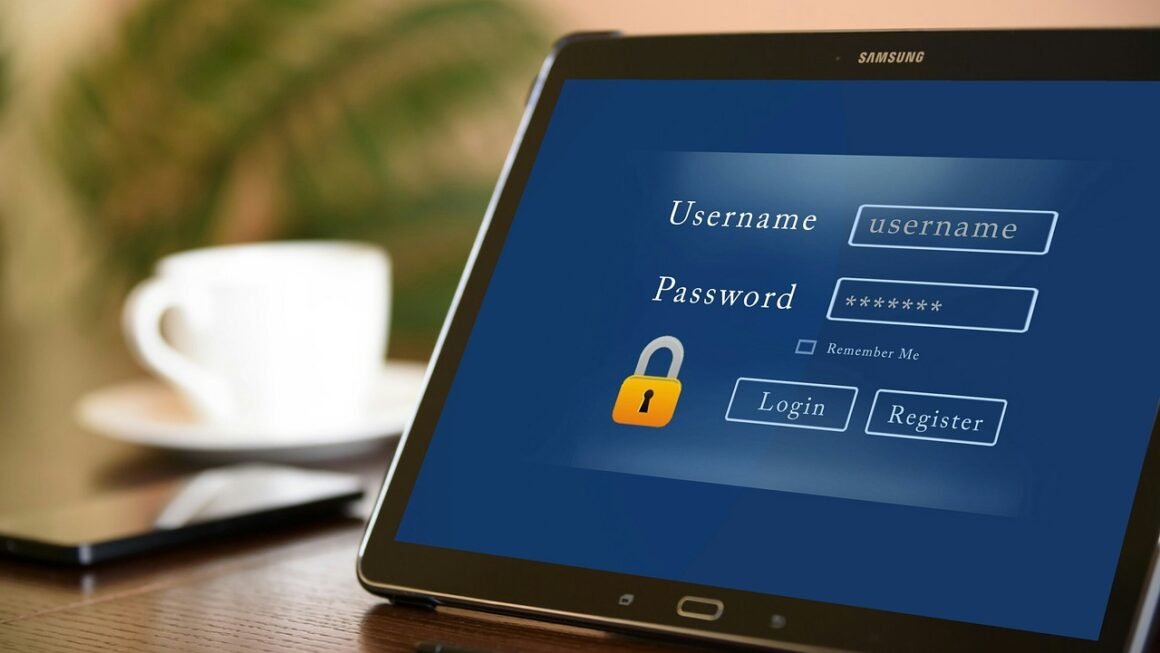Imagine surfing the web without a trace, streaming your favorite shows from anywhere in the world, and protecting your sensitive data from prying eyes. Sounds like a spy movie? Think again. This is the reality you can achieve with a Virtual Private Network, or VPN. In this comprehensive guide, we’ll unravel the mysteries of VPNs, exploring how they work, why you need one, and how to choose the best option for your specific needs. Get ready to unlock a safer, more private, and truly global internet experience.
What is a VPN and How Does It Work?
Defining a Virtual Private Network
A VPN, or Virtual Private Network, is a technology that creates a secure, encrypted connection over a less secure network, like the public internet. It essentially masks your IP address and encrypts your data, making it difficult for anyone to track your online activity or intercept your personal information.
The Mechanics of VPN Encryption
Think of a VPN as a secure tunnel between your device and the internet. Here’s how it works:
- Data Encryption: Your data is encrypted before it leaves your device, turning it into unreadable code.
- IP Address Masking: Your actual IP address is hidden and replaced with the IP address of the VPN server you’re connected to. This masks your location.
- Tunnel Creation: A secure, encrypted tunnel is created through the internet to the VPN server.
- Server Decryption: The VPN server decrypts your data and sends it to its destination.
- Traffic Routing: All your internet traffic is routed through this secure tunnel, protecting your data from eavesdroppers.
Practical Example: Public Wi-Fi Security
Imagine you’re at a coffee shop using public Wi-Fi. Without a VPN, your data is vulnerable to hackers who might be lurking on the same network. Using a VPN encrypts your data, making it unreadable to anyone trying to intercept it, protecting your passwords, browsing history, and other sensitive information.
Why Use a VPN? The Benefits Unveiled
Enhancing Online Privacy
- Hiding Your IP Address: This prevents websites and advertisers from tracking your location and browsing habits.
- Protecting Your Data: Encryption ensures that your data remains private, even when using public Wi-Fi.
- Anonymous Browsing: Makes it more difficult to link your online activity to your identity.
Accessing Geo-Restricted Content
- Streaming Services: Access movies, TV shows, and other content that may be unavailable in your region. For example, you can use a VPN to watch BBC iPlayer from outside the UK or access US Netflix libraries.
- Bypassing Censorship: Access blocked websites and social media platforms in countries with strict internet censorship.
- Avoiding Price Discrimination: Some websites offer different prices based on your location. A VPN can help you find the best deals.
Strengthening Security
- Protecting Against Hackers: Especially important on public Wi-Fi networks where cyber threats are more prevalent.
- Securing Online Transactions: Protects your financial information when making online purchases.
- Preventing ISP Tracking: Prevents your Internet Service Provider from monitoring your browsing habits.
Real-World Statistics
- According to a study by GlobalWebIndex, about 31% of internet users worldwide have used a VPN.
- Data breaches cost businesses an average of $4.24 million globally in 2021 (IBM Cost of a Data Breach Report). Using a VPN can significantly mitigate these risks.
Choosing the Right VPN: Key Considerations
Evaluating VPN Protocols
VPN protocols are the methods used to establish a secure connection. Some common protocols include:
- OpenVPN: Open-source, highly secure, and widely used. Considered one of the best overall.
- IKEv2/IPsec: Fast and stable, especially on mobile devices. Good for switching between networks.
- WireGuard: A newer protocol that is fast, secure, and lightweight. Gaining popularity.
- PPTP: Older protocol; faster, but less secure and should be avoided unless you know exactly why you need it and accept the risk.
Analyzing VPN Server Locations
- Proximity: Choose servers close to your actual location for faster speeds.
- Variety: A wide range of server locations allows you to access content from different regions.
- Specialized Servers: Some VPNs offer servers optimized for streaming, gaming, or torrenting.
Reviewing VPN Logging Policies
- No-Logs Policy: The VPN provider does not collect or store any data about your online activity. This is the most privacy-friendly option.
- Minimal Logging: Some VPNs log connection times and bandwidth usage but not your browsing history or IP address.
- Jurisdiction: Consider where the VPN provider is based, as this affects the laws governing data retention.
Assessing Speed and Performance
- Speed Tests: Run speed tests on different VPN servers to find the fastest connections.
- Bandwidth: Choose a VPN with unlimited bandwidth to avoid throttling or data caps.
- User Reviews: Read reviews to get insights into the VPN’s performance from other users.
Pricing and Subscription Plans
- Free VPNs: Be cautious with free VPNs, as they often come with limitations, ads, or even security risks. They may sell your data or have weaker encryption.
- Paid VPNs: Offer better security, faster speeds, and more features. Compare pricing plans and choose one that fits your budget and needs. Many offer money-back guarantees.
Setting Up and Using a VPN: A Step-by-Step Guide
Installing VPN Software
- Download: Download the VPN app from the provider’s website or app store.
- Installation: Follow the on-screen instructions to install the app.
- Configuration: Launch the app and log in with your account credentials.
Connecting to a VPN Server
- Server Selection: Choose a server location from the list.
- Connection: Click the “Connect” button.
- Verification: Verify that the VPN is connected by checking your IP address. You can use a website like “whatismyipaddress.com” to confirm your IP has changed.
Troubleshooting Common VPN Issues
- Slow Speeds: Try connecting to a different server or switching to a different VPN protocol.
- Connection Problems: Check your internet connection and firewall settings. Ensure the VPN app is up to date.
- IP Address Leaks: Use a leak test tool (e.g., ipleak.net) to check for IP address leaks. If leaks are detected, contact the VPN provider for assistance.
Conclusion
VPNs are more than just a tool for tech enthusiasts; they’re a fundamental component of online security and privacy in today’s interconnected world. From shielding your data on public Wi-Fi to accessing content from anywhere, a VPN empowers you to take control of your digital experience. By understanding how VPNs work, weighing your options carefully, and setting them up correctly, you can unlock a safer, more private, and truly global internet. So, embrace the power of VPNs and navigate the online world with confidence and peace of mind.



